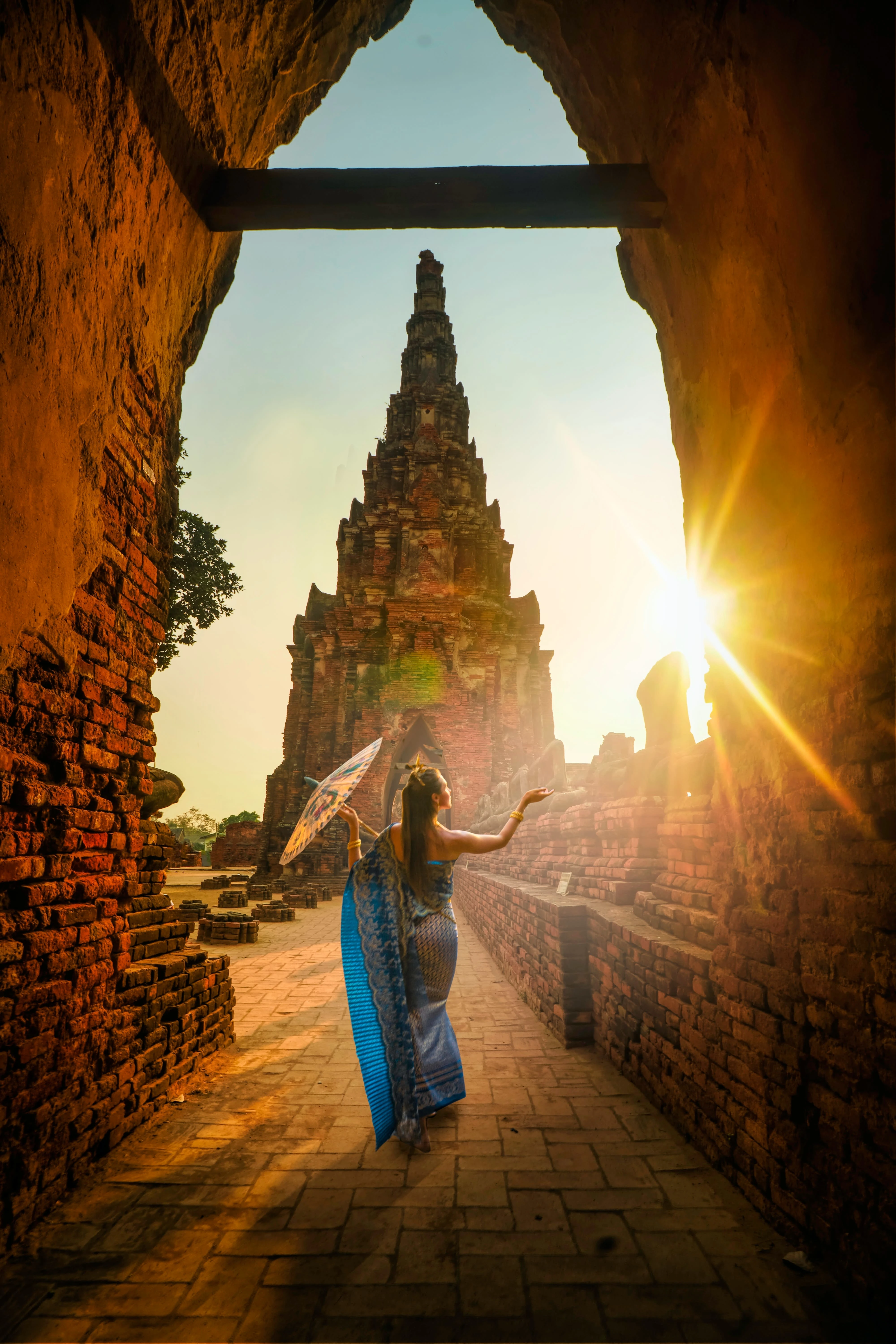Indian culture
India is a land of diverse cultures, languages, religions, and traditions, making it one of the most unique and fascinating countries in the world. Its rich cultural heritage dates back thousands of years and has been influenced by numerous civilizations and empires, resulting in a diverse and complex cultural mosaic.
One of the most striking features of Indian culture is its religious diversity. Hinduism, Islam, Christianity, Buddhism, and Sikhism are some of the major religions practiced in India. Each religion has its unique rituals, beliefs, and traditions, which contribute to the cultural diversity of the country. One of the most well-known traditions in Hinduism is the Diwali festival, which celebrates the victory of good over evil and is marked by lighting lamps and exchanging sweets. Similarly, Eid al-Fitr is an important festival for Muslims, celebrating the end of Ramadan and is marked by feasting, prayer, and charity.
Indian culture is also known for its vibrant and colorful festivals. Holi, the festival of colors, is a celebration of love, friendship, and the arrival of spring. People smear each other with colored powder and water, dance to the beats of music, and exchange sweets and delicacies. Another popular festival is Durga Puja, which celebrates the victory of Goddess Durga over the demon Mahishasura and is marked by pandal-hopping, feasting, and cultural programs.
Indian cuisine is another important aspect of the country's culture. The diversity of Indian cuisine is a reflection of the country's rich cultural heritage and varied regional influences. From the spicy curries of the south to the flavorful kebabs of the north, Indian cuisine offers a tantalizing array of flavors and aromas. Some of the popular dishes include biryani, butter chicken, dosa, idli, and samosas.
Indian classical music and dance are among the most revered art forms in the world. Indian classical music is based on a complex system of ragas and talas, which create a range of moods and emotions. Similarly, Indian classical dance is marked by intricate footwork, hand gestures, and expressions, and is deeply rooted in mythology and religion. Some of the popular dance forms include Bharatanatyam, Kathakali, Kathak, and Odissi.
India's architecture is another reflection of its rich cultural heritage. From the iconic Taj Mahal to the ancient temples of Hampi and Khajuraho, Indian architecture showcases a wide range of styles and influences. The Mughal architecture, with its intricate carvings and domes, is a prominent feature of Indian monuments.
Indian culture is also known for its emphasis on family values and traditions. The joint family system, where several generations live under one roof, is still prevalent in many parts of the country. Respect for elders, hospitality, and caring for the sick and elderly are some of the core values of Indian society.
In conclusion, Indian culture is a vibrant tapestry of traditions, religions, festivals, food, music, dance, and architecture. It is a reflection of the country's rich and diverse history and the myriad influences that have shaped it over the centuries. Despite the challenges of modernization and globalization, Indian culture continues to thrive and evolve, ensuring that it remains one of the most fascinating and unique cultures in the world.

Like this project
Posted Feb 23, 2023
In this article i decorated words about indian culture in a small project !! 🇮🇳❤️📝
Likes
0
Views
26
Tags


